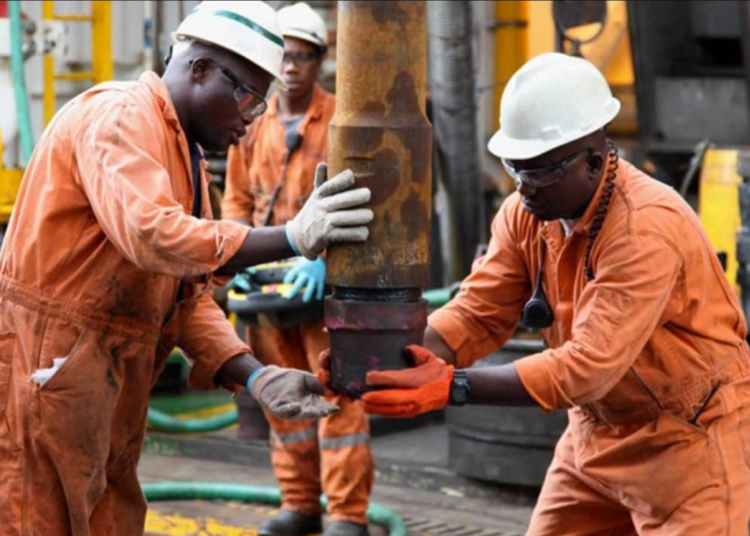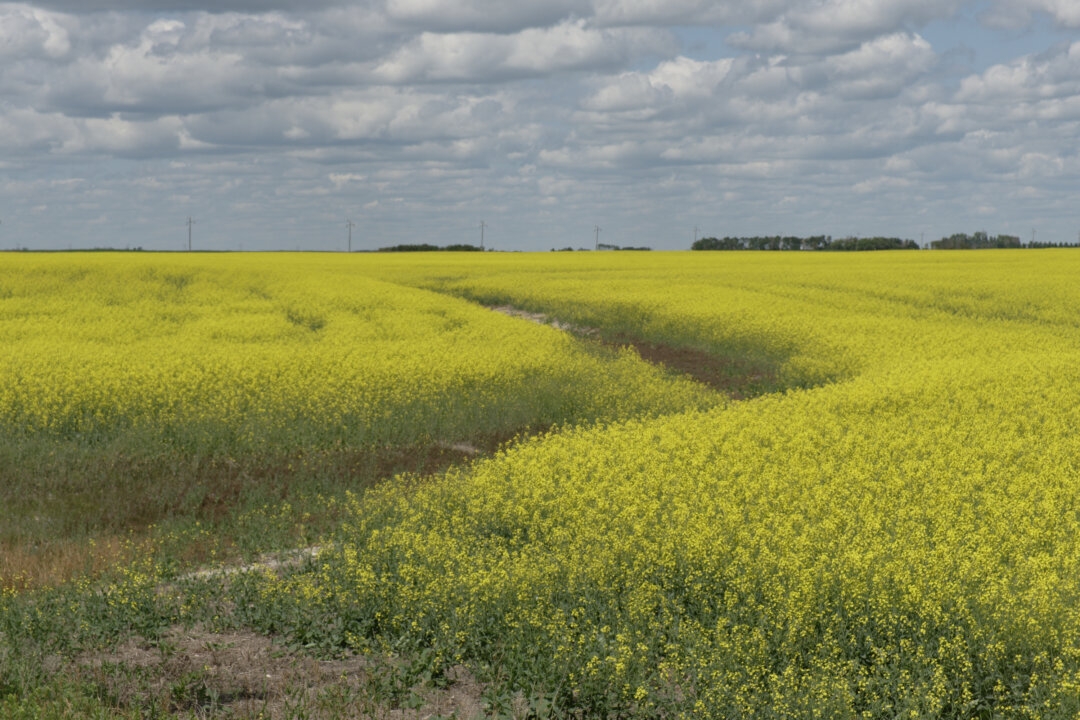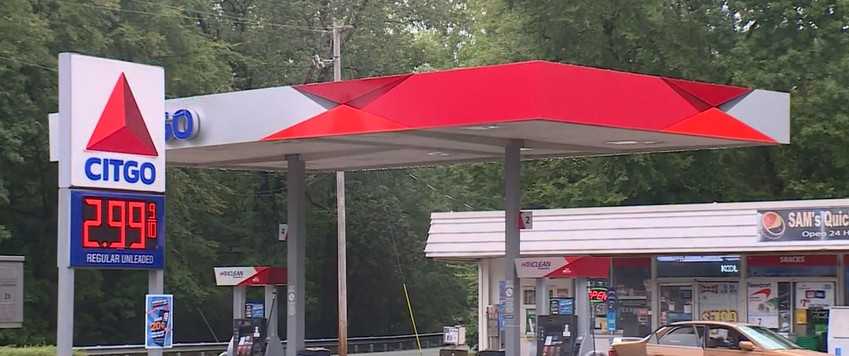
With oil production around 1.34 million barrels per day, Nigeria is facing major economic and energy security risk, according to stakeholders in the oil and gas industry. The danger under the present circumstance.
, according to them, is that the country would rather keep the tempo of exporting raw crude to earn foreign exchange at the expense sustaining socio-economic stability as the recurring crises in the downstream sector would remain unresolved At the inaugural Crude Oil Refinery-Owners Association of Nigeria (CORAN), Summit in Lagos on Tuesday, both crude oil producers and Refinery operators agreed that the push by government to turn Nigeria into a refining hub and network exporter of refined petroleum products may be a mirage except drastic measures are taken to shore up production. The first to speak on the critical issue at the summit with theme: ‘Making Nigeria A Net Exporter of Petroleum Products,’ the chairman, OPAC refineries and CORAN, Momoh Jimah Oyarekhua said, existing refineries in the country have a combined capacity of 1,122 barrels a day while daily crude production of the country is barely 1.35 million barrels of crude a day.
Mathematically with demand of 750,000 daily crude demand by the refineries is scarcely going to be met to sustain optimisation of those plants. Oyarekhua said, those refineries with current operational capacities including when fully on ground are NNPC, 445,000, Dangote, 650,000, Aradel 11,000, OPAC, 10,000, Waltersmith 5,000 and Edo refinery 1,000 barrels a day. With the above, he said, Nigeria cannot support supply requirements of those refineries and export to generate revenue, adding that, unreliable crude supply due to asset breach, unreliable policy and lack of incentives to investors would derail the efforts He also mentioned disjointed stakeholder collaboration, saying, before the objective could materialise upstream, Midstream and Downstream operators must forge unity to support ongoing government policy.
In his remarks Abdulrazaaq Isa, Chairman, Independent Petroleum Products Group (IPPG) and managing director of Waltersmith refinery though applauded the crude-naira sale policy of the government, he said, government has to retweak existing policies to address key inadequacies in the sector. Isa reiterated that crude supply should align with the Petroleum Industry Act (PIA) with the Willing Buyer and Willing Seller option, saying, government should also strengthen border control to significantly protect in-country refined products from smuggling. According to him, the 1.
35 million current production of crude poses existential threat to efforts to boost local production, support in country refining and ensure sustainable export for foreign exchange earning. In his comment, the chairman of the OPTS and Shell Companies in Nigeria, Osagie Okubor said, Nigeria needs to critically address investor apathy to scale up production in the upstream sector. Okubor said efforts should be geared at raising current production level by attracting investors, noting that as it currently stands if the country utilises its produced crude locally it will have non left for export.
.










